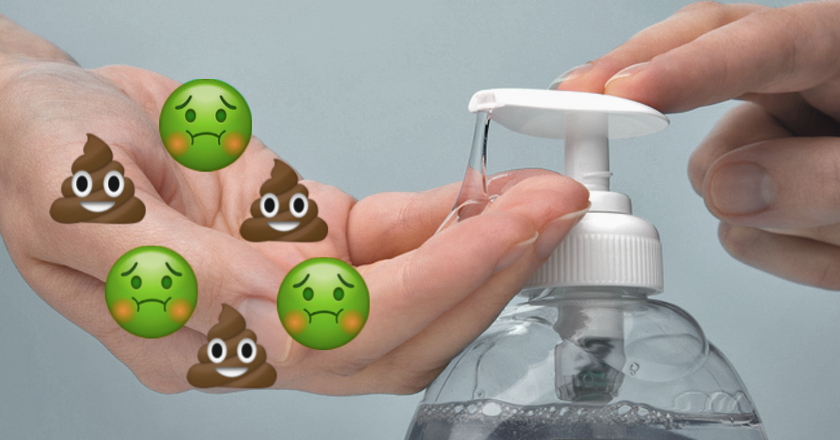The Centers for Disease Control (CDC) advises using alcohol-based hand sanitisers with more than 70% isopropanol or 60% ethanol to fight against coronavirus. If your sanitiser does not contain such amount of alcohol, then your health is in danger.
Hand hygiene plays an important role, and they also put germs in contact with your mouth, eyes, nose, and many other parts of your body. The best way to clean your hand is a wash frequently, and you can also go thru the alternative approach, which is hand sanitiser.
World Health Organization (WHO) is focussing on proper hand hygiene as an essential first-line defence against the spread of COVID-19.
While proper hand hygiene an essential part of keeping yourself healthy, handwash and water aren’t always around when you need them. That’s where alcohol-based sanitisers come to the picture. It is an excellent way to clean your hands when you’re not near a sink.
Why is alcohol is essential in sanitiser?
Alcohol is the main ingredient to kill a variety of microbes, including both viruses and bacterias. To stop spreading diseases like COVID-19, CDC (centers for disease and control prevention) advises washing your hand with water and soap for 20 seconds whenever possible. When it is not possible to wash your hand than CDC suggests effective sanitiser with a minimum of 60% alcohol, this is known as a denaturation, which kills the microbe due to its proteins will unfold and stick together. Heat can also help to denature some proteins.
If 60% of alcohol is good, is 100% better?
Nope. The fact is different. When a little amount of water mixed with alcohol, protein denaturation works faster. However, 100% of alcohol would evaporate too quickly before killing bacterias effectively on your skin.
By using pure alcohol also make dry out your skin quickly and cause some irritation. So that might cause you not to sanitise your hand more frequently as needed. That’s why most of the hand sanitiser contains emollients, which will moisturise your skin and make it soft.
Is homemade hand sanitisers work?
For homemade sanitiser, you will go thru the online formula. There are different types of formula available online. Some of them use Vodka, which contains only 40% alcohol. That is not enough to kill bacterias and viruses effectively.
If you near sink that washing your hand is the best option to prevent coronavirus. But make your 100% alcohol may protect you from harmful diseases. So always use sanitiser, which contains alcohol in a range between 60% to 90%.
Does sanitiser expire?
Keep one thing clear in mind is that alcohol is volatile. So over time, alcohol will evaporate slowly; as a resultant sanitiser becomes less effective to kill bacteria and viruses. Moreover, commercial sanitisers are work properly even after the expiry date because they are stored properly. Nowadays, there is a shortage sanitiser, but don’t buy expired ones because you never know how was shopkeeper stored that bottle.
When not use sanitiser

- Hand sanitiser should not be used when: (use soap water instead of hand sanitiser)
- Washing is convenient
- Hands are greasy or visibly dirty
- Chemicals on your hands
- If you have an allergy of hand sanitiser
- You are in a high-infection situation
This post was created with our nice and easy submission form. Create your post!





Comments
0 comments